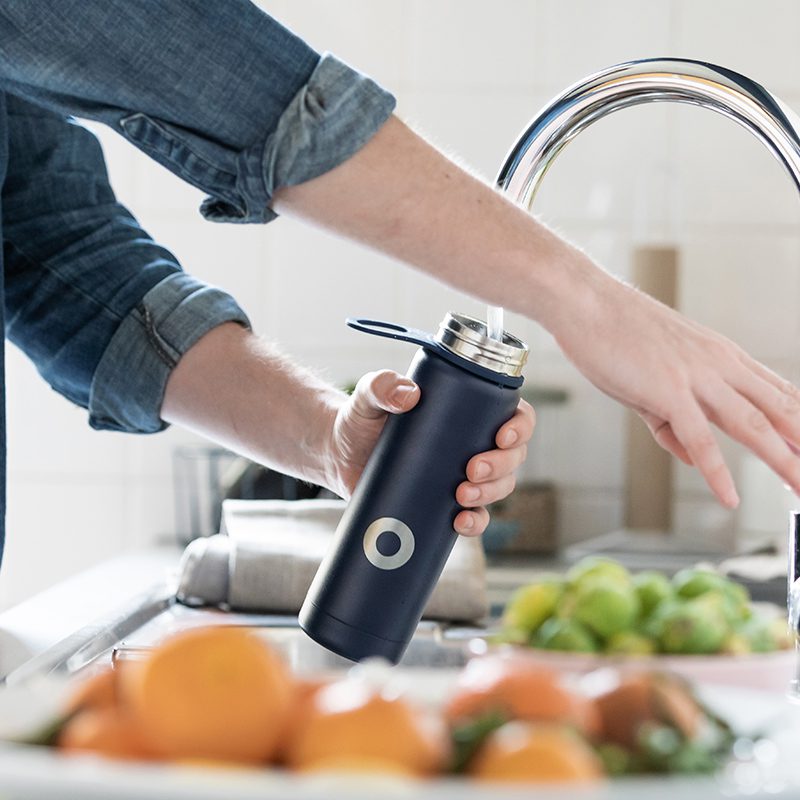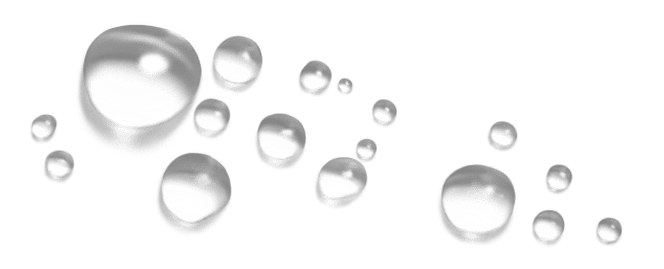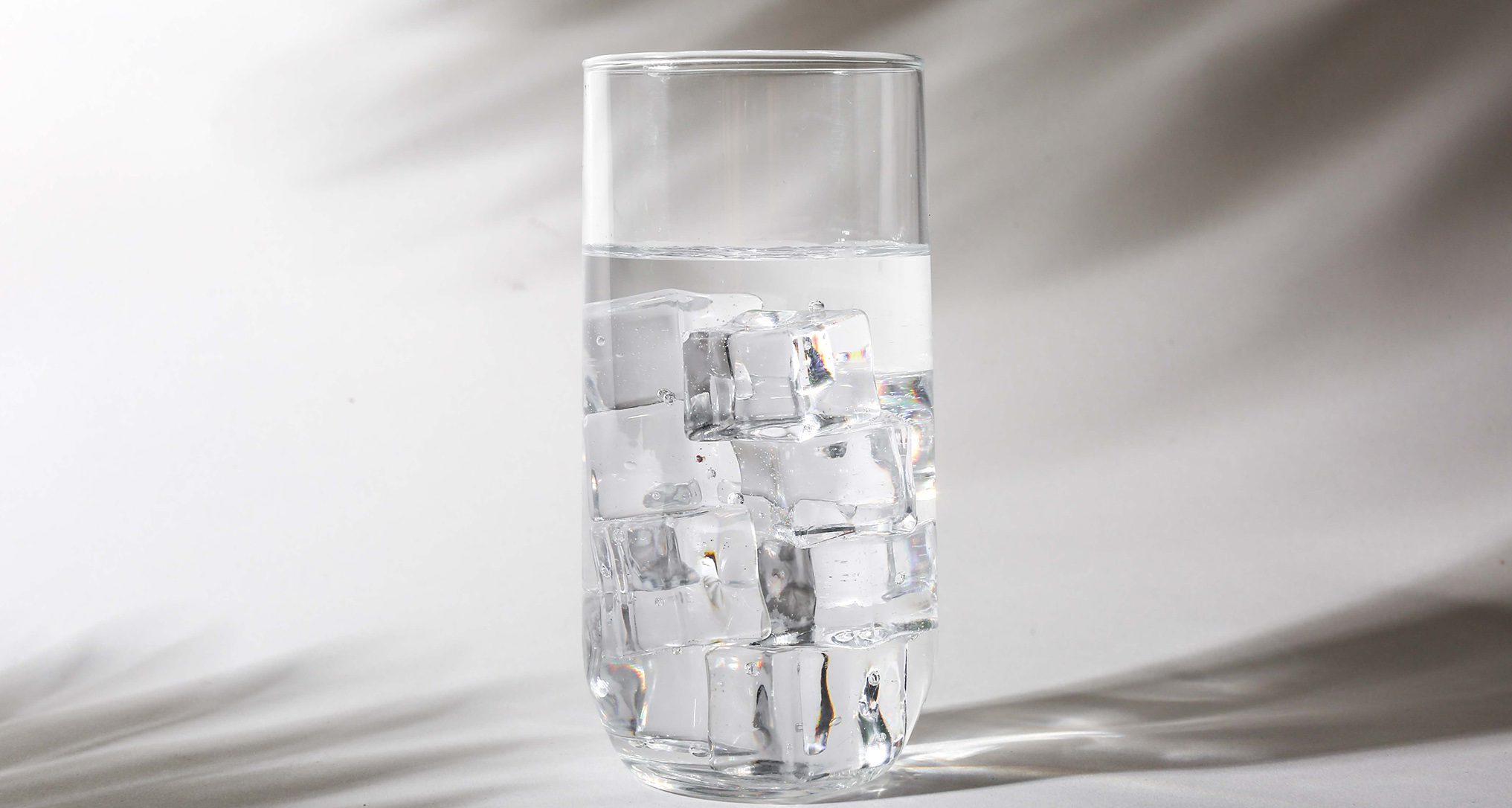How to Remove PFAS from Water?
What Are PFAS?
PFAS (per and poly-fluoroalkyl substances) are a group of man-made chemicals that have been used in various industries for several decades. They are known for their non-stick, water-resistant, and heat-resistant properties, making them useful in food packaging, clothing, cookware, and firefighting foams.
However, PFAS has become a concern in recent years because they do not break down in the environment and can accumulate in the human body over time. Exposure to high levels of PFAS has been linked to various health problems, including kidney and testicular cancer, thyroid disorders, and immune system damage.
One of the primary sources of PFAS exposure is drinking water. These chemicals can leach into industrial discharge water sources or use PFAS-containing products. In addition, PFAS can also enter water sources through the breakdown of products that contain them, such as firefighting foams.

Water Treatment Processes for PFAS
Given the potential health risks associated with PFAS exposure, ensuring your drinking water is purified correctly is essential. Several types of filtration technologies can effectively reduce and remove PFAS from drinking water, according to the Environmental Protection Agency (EPA). These include:
- Granular Activated Carbon (GAC): When water passes through GAC, chemicals such as PFAS stick to the small pieces of carbon, removing them from the water.
- Powdered Activated Carbon (PAC): This filter media is similar to regular activated carbon, but it is ground into a fine powder and added to the water. The chemicals then stick to the powdered carbon as the water passes through.
- Ion Exchange Resins: Small beads (or resins) are made of hydrocarbons and function like magnets. When water passes through, chemicals are attracted to the wax and stick to it, thus removing them from the water.
- Reverse Osmosis: Uses pressure to force water through a membrane, trapping contaminants on the other side. The membrane acts as a barrier that prevents the chemicals and particles from passing through and into your drinking water. This is considered the “Gold Standard” of water filtration.
Stonybrook’s Advanced Filtration Technologies
Upgrade your drinking water with advanced filtration technologies from Stonybrook Water to ensure that you consume ultra-pure, healthy water free of PFAS and other contaminants. This can help protect your health and the health of your family and employees.
Please find out more about PFAS using EPA’s Treatability Database or submit a Free Trial Request to connect with one of our Water Specialists.
Photo by Giorgio Trovato on Unsplash
Photo by Bluewater Sweden on Unsplash
one week free trial
Fill out the form below and get a 1 week free trial!



